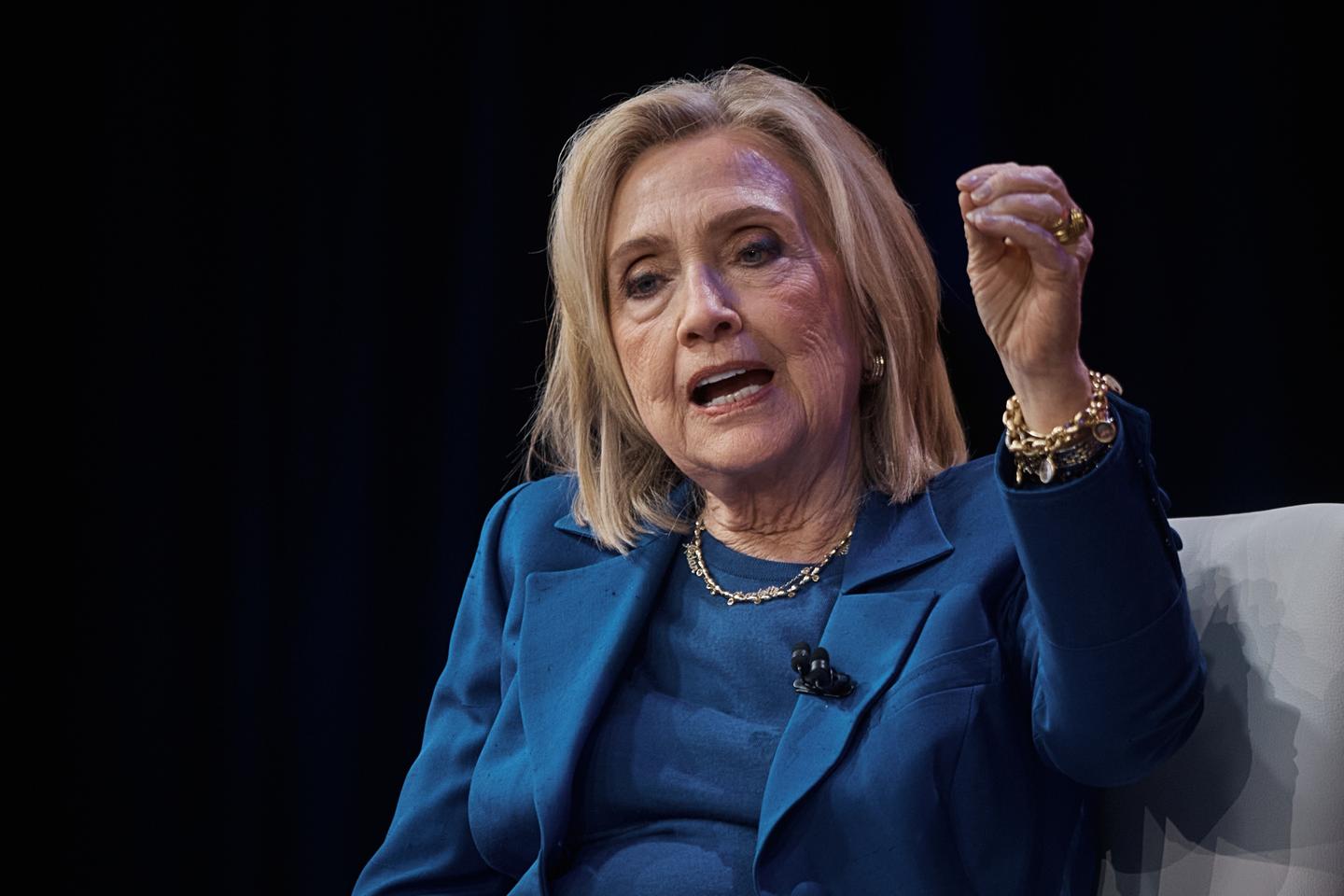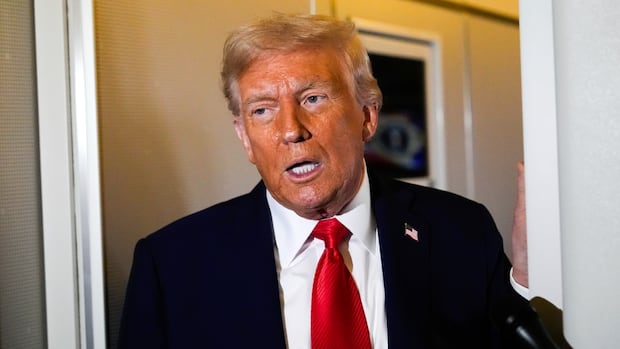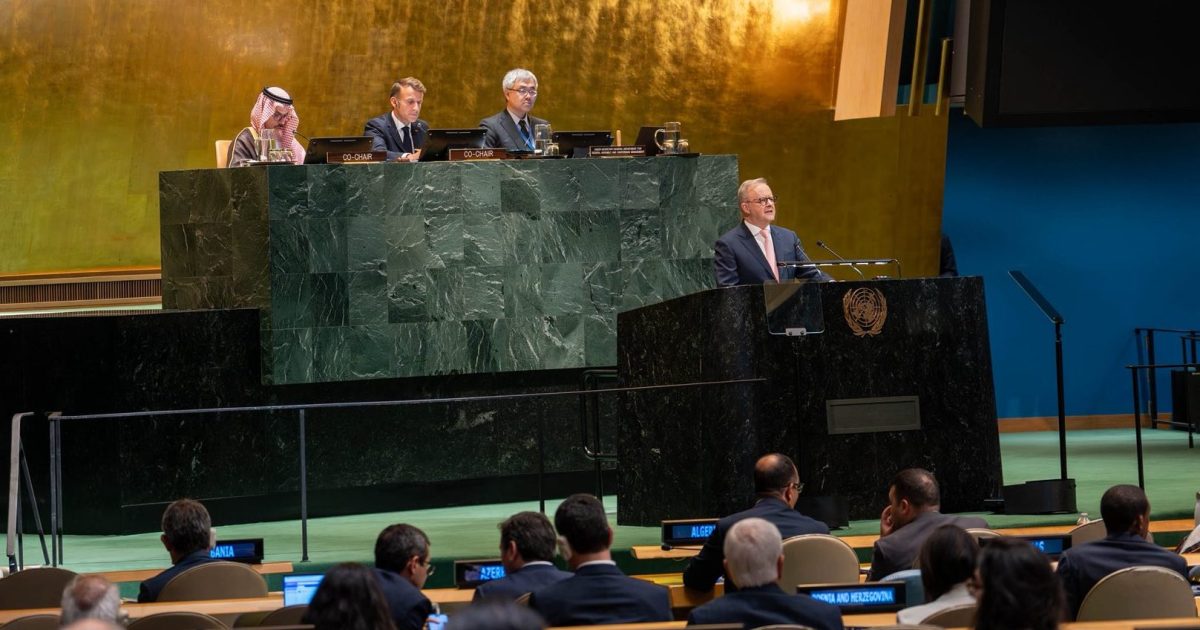Syrian President Al-Sharaa Meets with Trump Amidst Easing of Sanctions and Public Health Debate
In a significant development, Syrian President Ahmed Al-Sharaa met with US President Donald Trump on the sidelines of the United Nations General Assembly in New York. This meeting signals a potential shift in relations between the two countries, particularly after Trump's administration eased sanctions on Syria.
Al-Sharaa's UN Visit and Diplomatic Efforts
The meeting between Al-Sharaa and Trump marks the second time the two leaders have met, following a previous encounter in Riyadh. This visit to the UN General Assembly is also historic, as it is the first time a Syrian leader has participated in such a high-level meeting in nearly 60 years. Al-Sharaa has been actively working to restore ties with Arab countries and the West, despite initial concerns about his past affiliations.
Earlier in the week, Al-Sharaa also met with US Secretary of State Marco Rubio, further solidifying efforts to expand relations with the West and alleviate Syria's international isolation. The talks covered counterterrorism, the search for missing Americans, and the importance of Israel-Syria relations in fostering regional security.
Sanctions Relief and Future Prospects
President Trump's administration has taken steps to ease sanctions on Syria, aiming to stabilize the country and reintegrate it into the Middle East. Secretary Rubio emphasized the opportunity for Syria to build a stable and sovereign nation following this sanctions relief. However, some sanctions remain, and the State Department had to issue waivers for visa restrictions for Al-Sharaa and his delegation to attend the UN meeting.
Al-Sharaa expressed gratitude for the "bold decision" to lift many sanctions and urged the United States to remove the remaining restrictions, citing Syria's need for assistance as it recovers from years of conflict. He also met with Senators Jeanne Shaheen and Representative Gregory Meeks to discuss the potential for further sanctions relief through Congressional legislation.
Al-Sharaa's Stance on the Abraham Accords and Negotiations with Israel
Despite ongoing discussions with the US and Israel about a potential security arrangement, Al-Sharaa voiced reservations about Syria joining the Abraham Accords. He highlighted the unique position of Syria as a neighbor to Israel, citing numerous Israeli strikes and incursions. Al-Sharaa emphasized the need for Syria to be respected in this "new era" and expressed a desire to return to the truce of 1974 through negotiations with Israel.
"There’s a big difference between Syria and those members in the Abraham Accords. Syria is different. And those who are part of the Abraham Accords are not neighbors to Israel. Therefore, Syria as a neighbor has been subjected to over 1,000 raids, strikes and Israeli incursions." - President Ahmed Al-Sharaa
These comments were made during a conversation with retired Gen. David Petraeus at the Concordia Annual Summit in New York.
Hillary Clinton Criticizes Trump Administration's Public Health Policies and Robert F. Kennedy Jr.
In separate news, Hillary Clinton has strongly criticized the Trump administration's approach to public health, particularly concerning statements made by Health and Human Services Secretary Robert F. Kennedy Jr. regarding vaccines and autism. Clinton accused the administration of turning "the clock back" on public health and spreading "crackpot ideas" that could cost lives.
Clinton expressed concern over the impact of these statements on public perception and emphasized the potential for confusion when prominent figures like the president and the Secretary of HHS make unsubstantiated claims.
White House Response to Clinton's Criticism
In response to Clinton's criticism, White House spokesman Kush Desai issued a statement chiding Clinton, suggesting her remarks reflect a condescending attitude toward everyday Americans and contribute to her diminished relevance in the political landscape.
This controversy underscores the ongoing debate surrounding public health, scientific consensus, and the role of government officials in disseminating information.
 Visit the website
Visit the website







